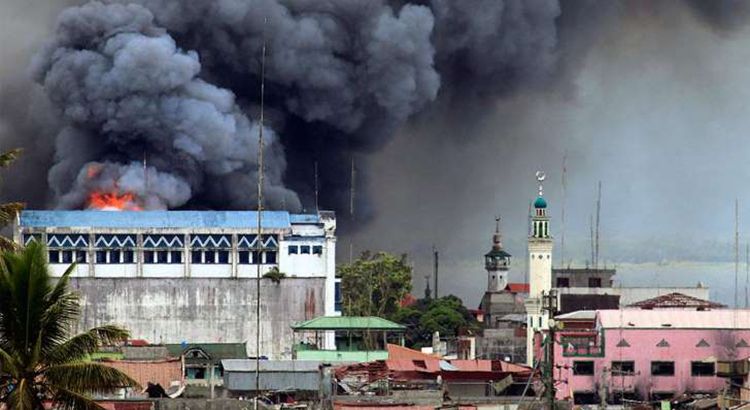An Emerging Caliphate in Southeast Asia? The Framing of Political Violence in the Philippines
In May 2017 two groups of Muslim fighters raided the city of Marawi in the southern Philippines. After five months of fighting, the Philippine military finally announced that the city was reconquered from the Maute and Abu Sayyaf groups that supposedly had ties to the Islamic State of Iraq and Syria. This incident resembles a crisis in 2013 when members of another armed group, the Moro National Liberation Front (MNLF), entered the city of Zamboanga and battled government troops for weeks. But whereas the Zamboanga crisis neither attracted much foreign attention nor was linked to international jihadism, the fighting in Marawi has been portrayed as part of larger conflict between militant Islamism and the civilised world – a narrative that is lacking substantial empirical evidence.
